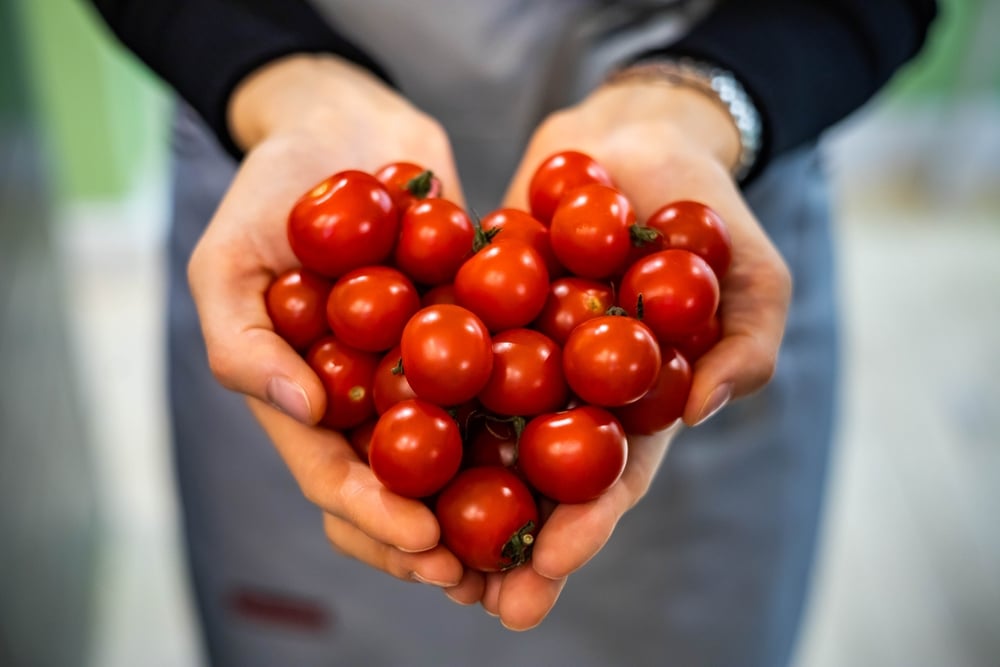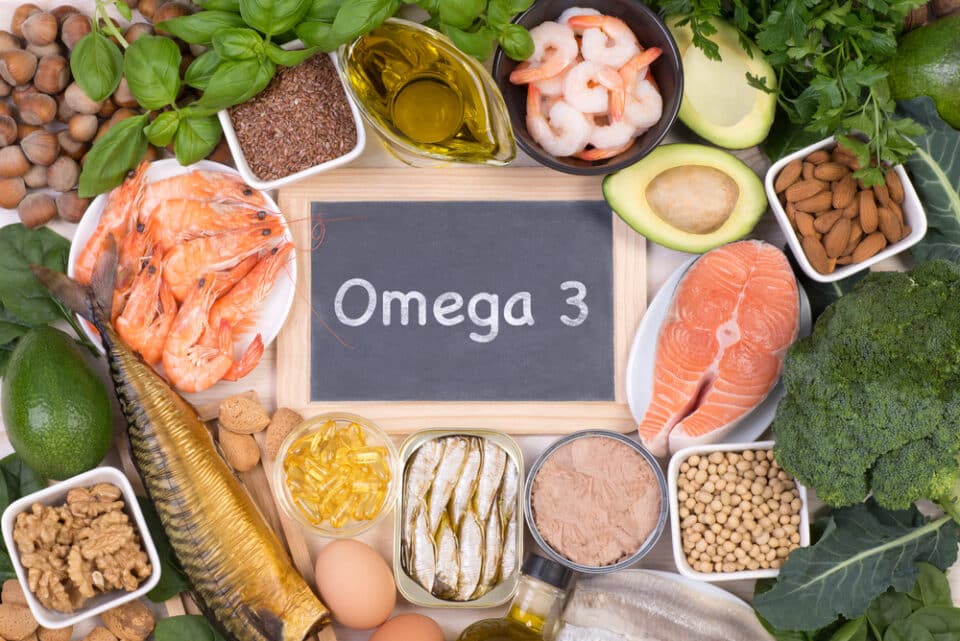Tomatoes contain vitamin C, potassium and fiber, as well as phytochemicals that could influence the risk of diabetes, cardiovascular disease and even cancer. Tomatoes are not only low in calories, but also very healthy.

Why should tomatoes be unhealthy?
Tomatoes contain a number of nutrients that are extremely healthy for us. However, they have fallen into a bit of disrepute because they also contain solanine. This substance helps the tomato to ward off pests and inhibits the growth of mold and bacteria. Solanine is toxic to humans, even fatal in high doses. The first symptoms of poisoning can occur from a dose of one milligram per body weight. However, a ripe tomato contains less, namely 0 to 0.7 mg solanine per 100 grams. Most of it is in the stem base, which can be easily removed. However, green tomatoes can contain up to 32 milligrams of solanine. So it’s best to keep your hands off unripe fruit!
What ingredients make tomatoes so healthy and popular?
With 17 calories per 100 grams, tomatoes are real slimmers. In red tomatoes, the “good” nutrients far outweigh the “bad” ones:
- Vitamin C: strengthens the immune system and keeps us healthy. Tomatoes contain plenty of it. A medium-sized tomato already covers a third of the daily requirement.
- Potassium: Potassium is partly responsible for the normal function of our heart and therefore for normal blood pressure. It is therefore important for the prevention of cardiovascular disease.
- Folic acid or vitamin B9: This vitamin from the B group is important for tissue formation and the function of our cells. This vitamin is particularly important during pregnancy. For women who want to become pregnant or are pregnant, the following applies: Tomatoes help.
Lycopene – plant substance with power
One of the most important nutrients that make tomatoes so healthy is the secondary plant substance lycopene. It is one of the carotenoids and is responsible for the red color, among other things. A long-term study from the 1980s is said to have shown that four foods could reduce the risk of prostate cancer. These include tomatoes, tomato sauce, tomato juices and pizza, which were consumed in high quantities by the 35,000 participants in the study. Lycopene supports the immune system by reducing the formation of inflammation in the body. Such inflammations can promote tumor formation in the long term. Another study also confirms that there is a link between a high concentration of carotenoids and protection against breast cancer. In addition, people who ate a lot of tomatoes and tomato products were found to have a lower risk of lung and stomach cancer. Today, lycopene plays an important role in cancer prevention research.
Lycopene is also (partly) responsible for our skin being better able to protect itself from sunburn. This was discovered a few years ago by researchers at the University of Düsseldorf. However, this does not mean that you should do without sun protection in the form of creams. Because every sunburn immediately increases the risk of skin cancer.

What is the best way to absorb lycopene?
If you don’t eat tomatoes regularly, you can also get this miracle ingredient from food supplements. In addition to lycopene, the high-quality phytopreparation IMUPROS™ – for men from medpro contains a specially combined mixture of essential vitamins, minerals, bioflavonoids and polyphenols. Added to this are the most important minerals selenium, zinc and calcium as well as EGCG from green tea. An orthomolecular combination preparation specially developed for men’s health. Our medpro experts will be happy to tell you more about this.



